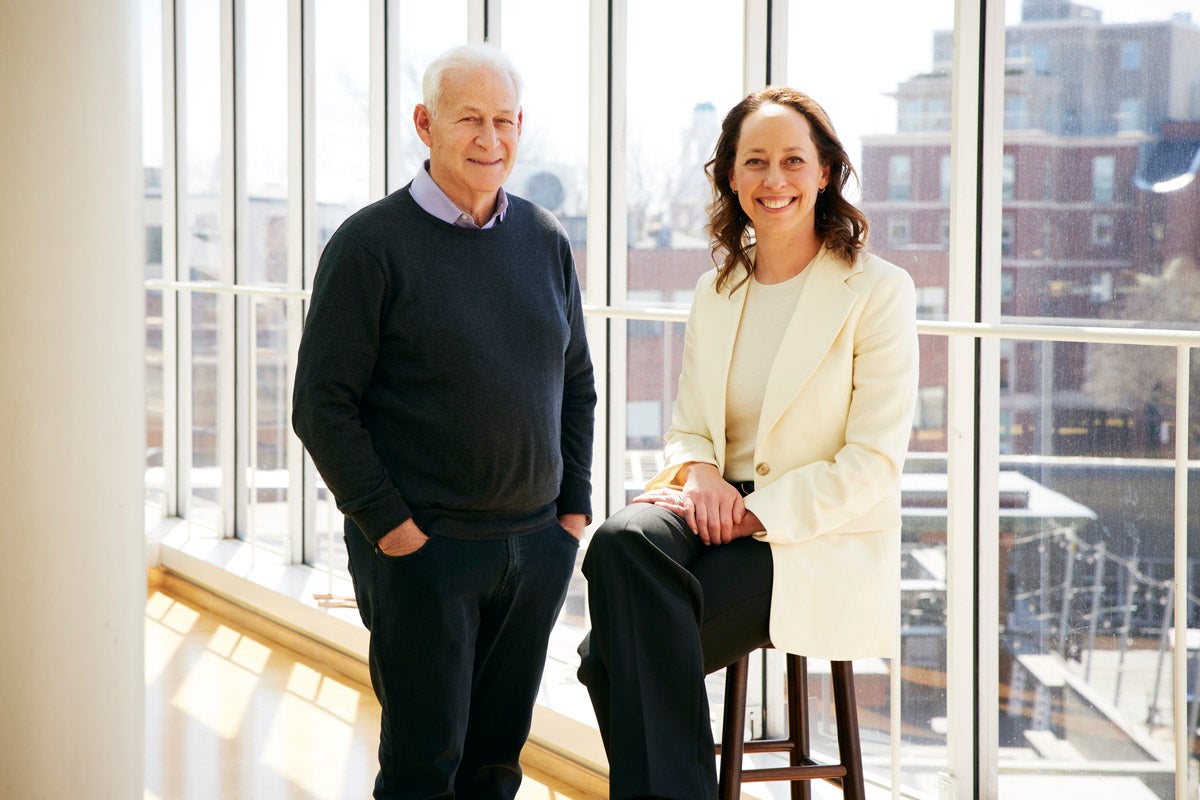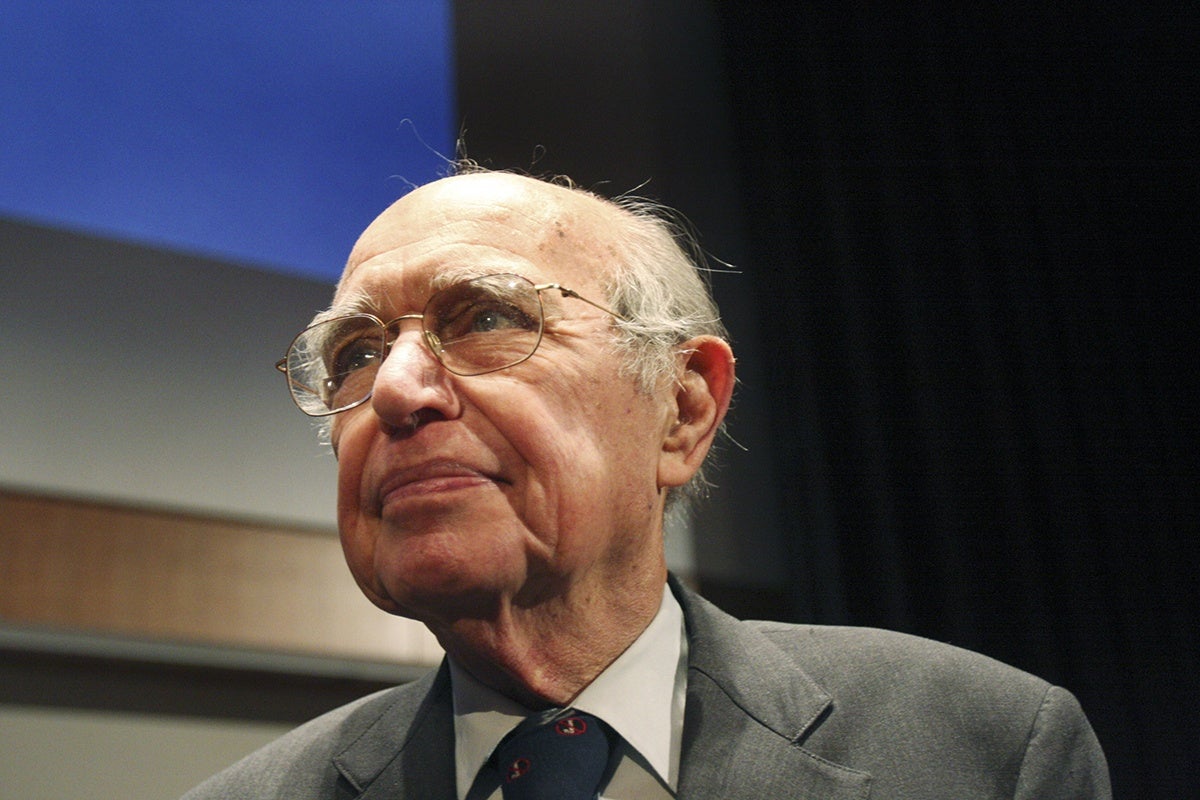Ensuring kids start life with solid foundations
Harvard’s Center on the Developing Child has illuminated the ways that early influences shape us for life. Now, it’s launching new efforts to give every child a healthy start.

Children and their caregivers in ‘low-opportunity neighborhoods’ face increased risk of early death
Children in low-opportunity neighborhoods—where employment options are few, transportation is unreliable, and crime and poverty rates are high—face an increased risk of premature death and of experiencing the premature death of a caregiver, according to a new study…
Pandemic accelerated youth mental health crisis
The COVID-19 pandemic dramatically accelerated a decline in youth mental health in the U.S.

During Head Start Awareness Month, remembering Julius Richmond, its first director
Julius Richmond, who held several prominent roles at Harvard, was a giant in the field of child health and development.

Understanding the biology linking childhood trauma to long-term health problems
Children who experience abuse or neglect, or grow up in unstable environments, have a greater risk of health problems including asthma, cognitive delays, obesity, heart disease and cancer, throughout their lives.
Screening for adverse childhood experiences to reduce toxic stress
Adverse Childhood Experiences (ACEs)—including abuse, parental divorce, or having substance abuse in the household—which can induce a toxic stress response linked to a lifetime of health problems.
Children’s separation from parents, prolonged detention, threaten long-term health
Migrant children separated from their parents at the U.S. southern border and held for prolonged periods in overcrowded, unsanitary conditions will likely suffer lasting harm from their experiences.
Reducing childhood poverty’s toxic effects
Poverty can make it difficult for children to succeed, both as kids and as adults, according to Scott Delaney, a doctoral student at Harvard T.H. Chan School of Public Health. Delaney is examining how to reduce the negative…
Childhood adversity disproportionately affects minority groups
A large national study has found that adverse experiences in childhood, such as parental separation or divorce, child abuse, or domestic violence, are common across the U.S. But these experiences are more prevalent among minority groups, including people…
How toxic stress can impact children separated from parents
Children separated from their parents at the U.S.-Mexico border may be at risk of toxic stress, which could cause an array of health problems later in life, according to Jack Shonkoff, Julius B. Richmond FAMRI Professor of Child…